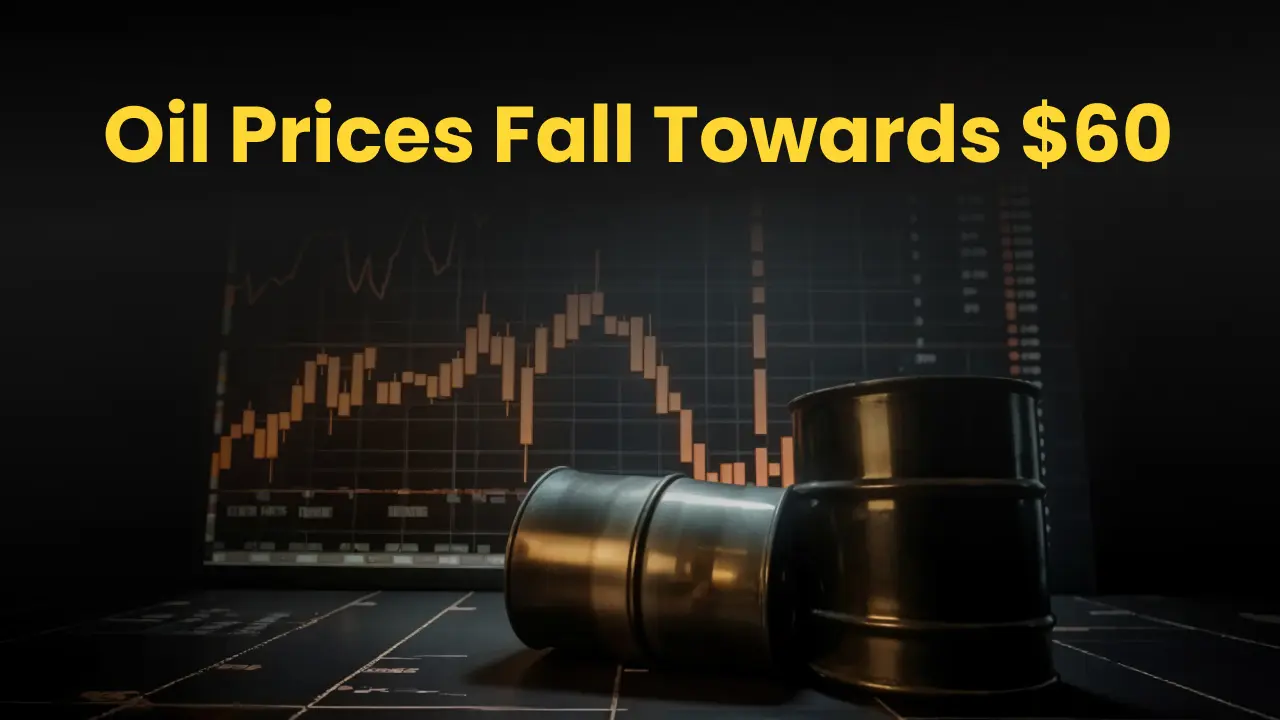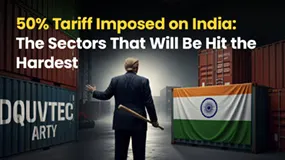Oil Prices Drop as OPEC+ Pauses Supply Hikes Amid Oversupply Fears
Oil prices fell as OPEC+ paused supply hikes for early 2026, fueling oversupply concerns. A stronger U.S. dollar added to pressure on WTI crude.
简体中文
繁體中文
English
Pусский
日本語
ภาษาไทย
Tiếng Việt
Bahasa Indonesia
Español
हिन्दी
Filippiiniläinen
Français
Deutsch
Português
Türkçe
한국어
العربية
Abstract:The US and Saudi Arabia are looking for evidence proving Iranian culpability as the two countries weigh their responses to the debilitating attacks.
The US and Saudi Arabia are searching for a “smoking gun” among the wreckage of weapons that will definitively link Iran to the weapons used in an attack last Saturday on Saudi oil facilities, The Wall Street Journal reported Sunday.
Inspectors and weapons experts are reportedly looking over recovered GPS systems in hopes of obtaining critical information on the flight paths and points of origins of the drones and missiles used to carry out the attacks.
The US has publicly blamed Iran, and Saudi Arabia has said that the attacks were “unquestionably sponsored by Iran.” But, more may be needed to build an international coalition against Iran, something that has been a US priority for months now.
Iran has denied being involved in the drone and cruise missile attacks that temporarily crippled Saudi oil production and rocked oil markets.
The US and Saudi Arabia are searching through the wreckage of weapon systems used in a last weekend's attacks on Saudi oil facilities to find a “smoking gun” definitively tying Iran to the attacks, The Wall Street Journal reported Sunday.
Inspectors and weapons experts are reportedly looking over recovered GPS systems in hopes of collecting information on the points of origins and flight paths for the drones and missiles used to carry out the attacks that rocked oil markets by temporarily crippling Saudi oil production.
In the aftermath of the attacks on Saudi Arabia's Abqaiq oil processing plant and Khurais oil field, which were initially claimed by the Iranian-backed Houthi rebels in Yemen, the US was quick to blame Iran.
Secretary of State Mike Pompeo said the day of the attacks that Iran had “launched an unprecedented attack on the world's energy supply.” Several days later, he would characterize the attacks as “an Iranian attack” and an “act of war.”
President Donald Trump and the Department of Defense have said that the strikes on Saudi energy infrastructure appear to have been carried out or orchestrated by Iran.
The US position, as leaks to the media by US officials indicate, is that the strikes were launched from inside Iran, although more substantial evidence is needed.
On Wednesday, Saudi Arabia's defense ministry said that the attacks were “unquestionably sponsored by Iran.”
Read more: The Saudis say Iran was behind the strikes on its major oil sites, but the last thing they want is war
The US has put additional sanctions on Iran, and there are plans in place to send additional troops to the Middle East to offer improved security to US allies and partners. A tougher response is on hold as the US works to build an international coalition against Iran, an effort that has at times struggled as other countries request additional evidence of Iranian aggression.
Iran has denied any and all involvement in the attacks on Saudi Arabia, just as the country denied involvement in the attacks on commercial shipping vessels this past summer.
Iran has warned that if the US or its regional partners retaliate against Iran with force, it will mean “all-out war.”
Speaking at a military parade Sunday, Iranian President Hassan Rouhani urged Western forces to leave the Persian Gulf as a top general warned that Iran “won't stop until the destruction of any aggressor.”
Disclaimer:
The views in this article only represent the author's personal views, and do not constitute investment advice on this platform. This platform does not guarantee the accuracy, completeness and timeliness of the information in the article, and will not be liable for any loss caused by the use of or reliance on the information in the article.

Oil prices fell as OPEC+ paused supply hikes for early 2026, fueling oversupply concerns. A stronger U.S. dollar added to pressure on WTI crude.

Oil prices fell sharply this week as traders worried that OPEC+ might decide to pump more oil into the market at its upcoming meeting.

Finally, the day (August 27, 2025) arrived that India did not want. The imposition of 50% tariff by the US administration on most products exported from India. As per the US, the tariff is largely due to India continuing to purchase Russian oil. The extra 25% duty was added over 25% imposed at the beginning of August 2025 as India refused to stop purchasing Russian crude and defence hardware. Check out the sectors that will be hit the hardest with this tariff increase.

Crude Oil (WTI) - Rebound in the offing?
